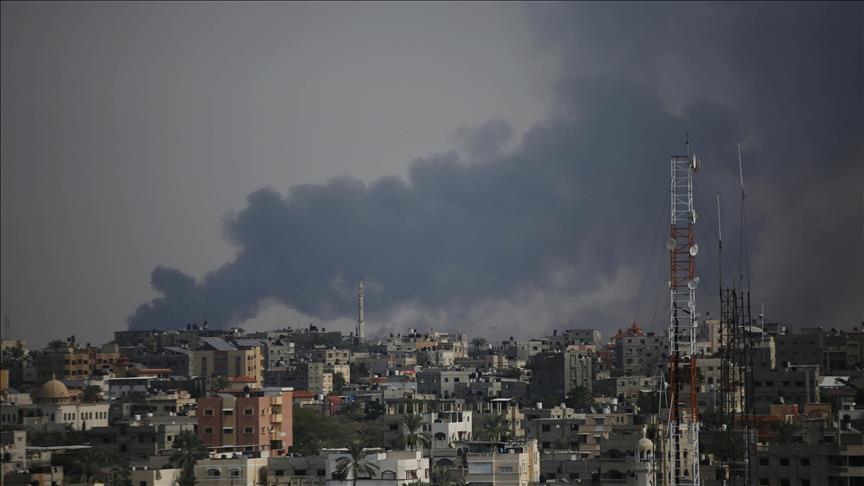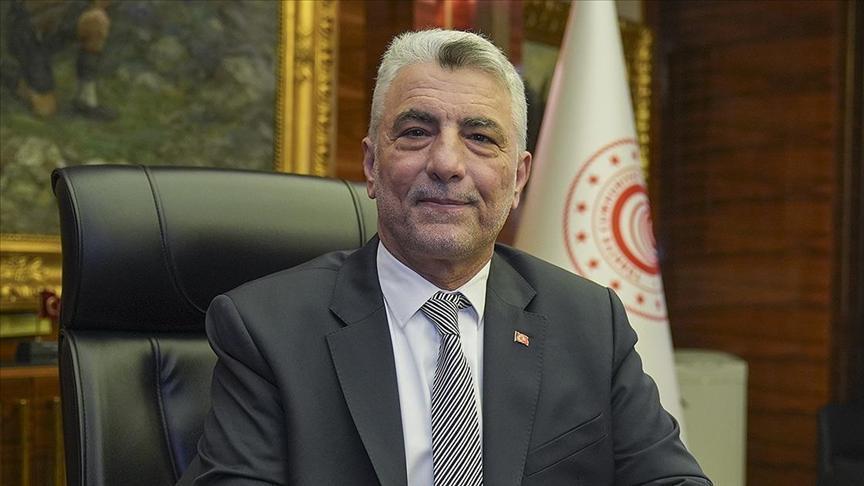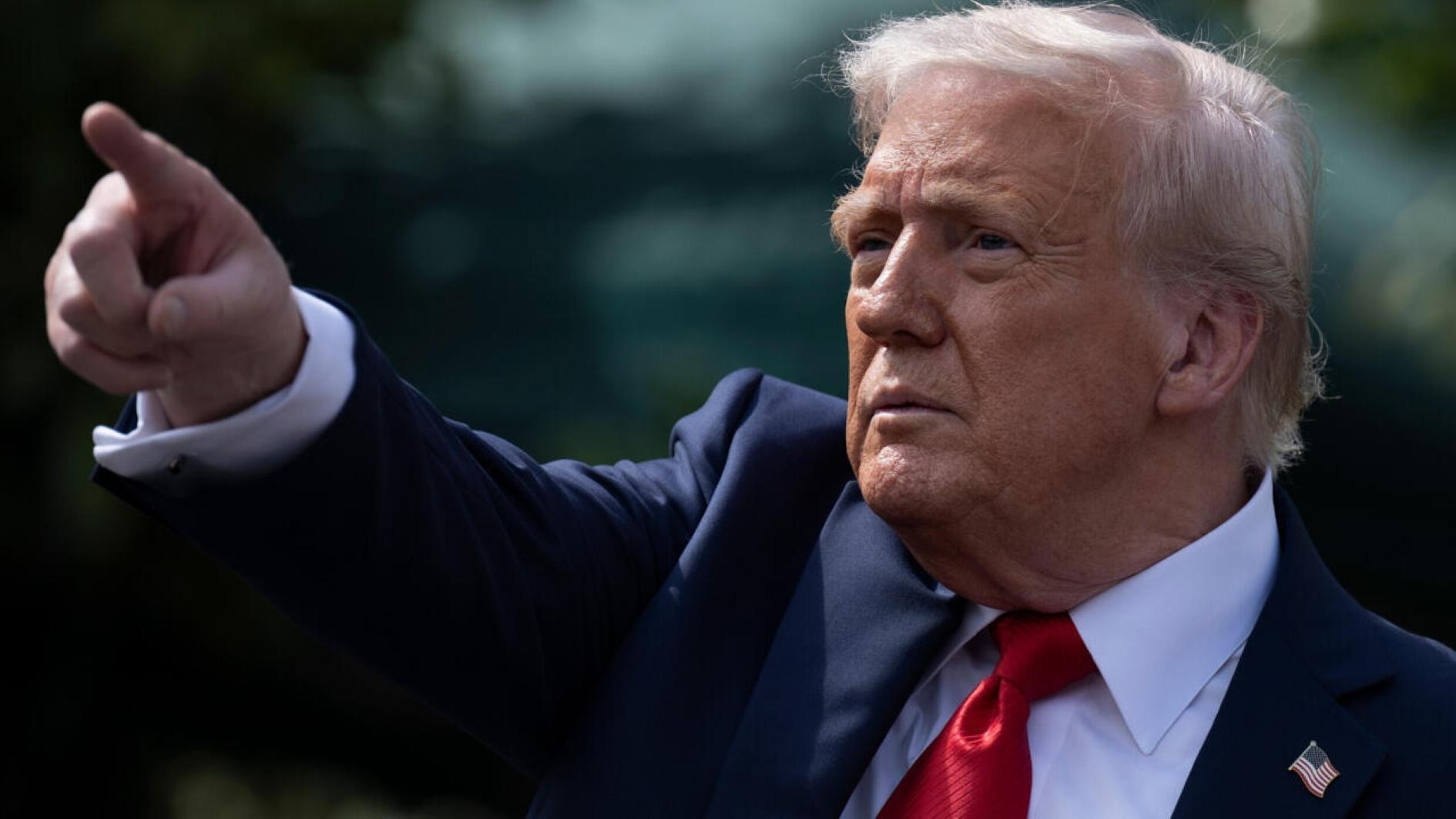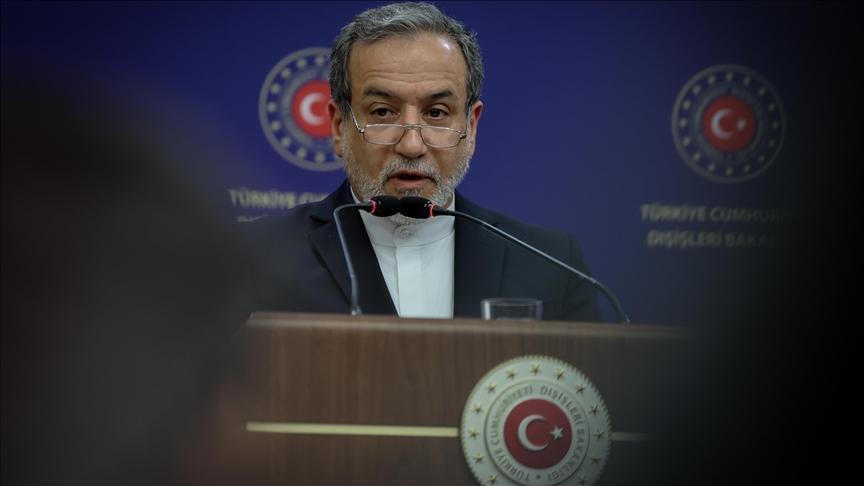Foreign policy without crisis
Browsing through history books on Turkish foreign policy is enough to understand the fate of foreign policy in modern Turkey. The richest sections of these history books, most of which are over a thousand pages, are the sections that feature the political analyses of Ottoman foreign policy in its final years. Analyses of foreign policy after the World War I had to focus on two issues: The first issue was the evaluation of “relations” and the second was the evaluation of proactive politics that rarely generated from Turkey.
The debate we are having today is, in a way, the debate over whether the duty of guarding Sykes-Picot, despite the passage of a century, should be carried on or not. The duty of guarding Sykes-Picot is neither an “obligation” that can be gotten rid of easily, nor is it a “sentence” that one can continue to serve as if nothing has changed.
Precisely for this reason, analyses of the post Sykes-Picot period are largely missing from books on Turkish foreign policy. How could it not be missing? It was almost impossible to follow an active foreign policy in an order in which developing a regional vision, as well as “abandoning guard duty,” were prohibited. This impossibility not only hindered the making and following of any foreign policy, but it did not even allow for any sort of “foreign relations” based on the every day interests of regional countries, void of politics, to develop. This situation was not unique to Turkey. All actors in the region stood guard, without so much as attempting to communicate with their neighbors. Syria and Iraq did not interact for years, Iran and Iraq fought each other, Egypt and Iran did not establish any diplomatic relations and Saudis and some other actors experienced various crises.
All countries in the region loyally fought “mini Cold Wars” while the Western actors who insisted on the Sykes-Picot and Camp David orders for their own benefit were busy with their Cold Wars. There was only one recalcitrant group that resisted the colonial regional order established on the desperate psychological state of the defeated 20th century elite, that attempted to overcome the Cold War imported from the West with modest moves, and that tried to transcend borders. This recalcitrant group was no other than the Islamist movements. The Islamist movements, despite governments that refused to communicate and their elites, not only transcended the borders, but also managed to overcome the sectarian walls that served as the foundation of the regional status quo from time to time. Those who do not understand why the coup in Egypt mobilized the peoples in Turkey in particular and in the Islamic world in general, fail to see that the coup in Egypt was, in essence, a direct intervention to the “memory of resistance” of the 20th century. This is reflected explicitly in Turkey’s foreign policy analyses.
Approaches to foreign policy, particularly those of liberals, provide case in point examples. The discourse is fraught with approaches and analyses that almost go as far as to claim, “If it weren’t for foreign policy, our foreign relations would be top notch.” A process of consolidation that is free of any kind of trauma is the last thing to expect in our region, in which growing and changing pains have deepened considerably. Turkey will either have to get actively involved in the transformation going on in the region and stand by the actors of change, or it will have to accept the heavy political and economic cost of not doing so.










